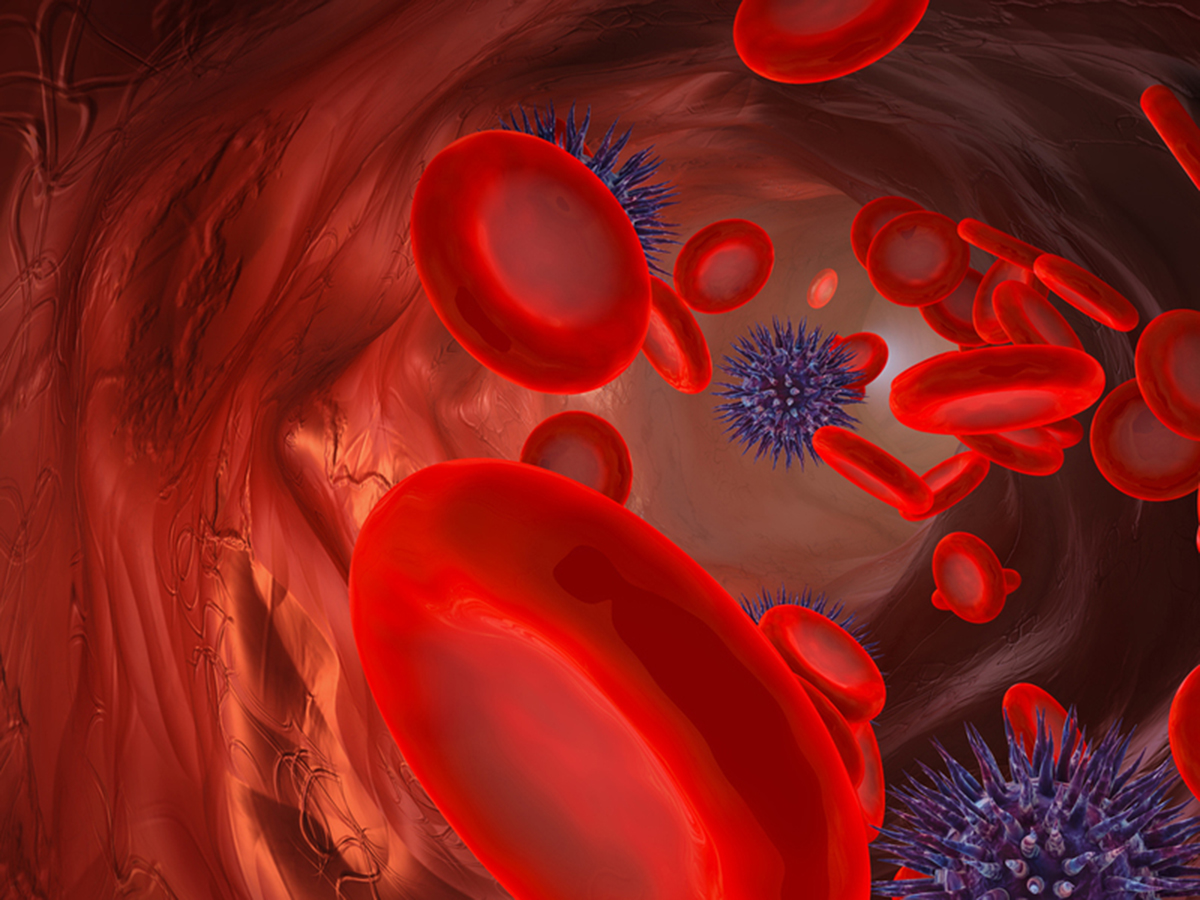One of the many ways eating disorders can throw your metabolism out of whack is by disrupting your immune system. In many cases, the interrelationship of an eating disorder is a vicious cycle. An eating disorder disrupts the immune system and the disruption to the immune system worsens the eating disorder. And damage to the immune system continues even when the eating disorder is successfully treated.

Both anorexia and bulimia may result from changes antibodies make in appetite control centers in the brain
A group of researchers in France and Estonia have reported that most women who have either anorexia or bulimia have antibodies to the brain's melanocortin 4 receptor. The kind of antibodies that bind to this receptor cause something like a "slow" allergic reaction of the brain to itself. They are associated with eating disorders but not with simply eating too much. Women who are obese but don't have an eating disorder don't have elevated levels of these antibodies. In fact, there even appears to be something about obesity that changes the immune system to protect against both anorexia and bulimia through changes to the immune system.
Children who develop autoimmune diseases are more likely to develop eating disorders
Autoimmune diseases such as Addison's disease, autoimmune hepatitis, Crohn's disease, juvenile diabetes, ulcerative colitis, juvenile dermatomyositis, juvenile idiopathic arthritis, lupus, and scleroderma are caused by an over activity of the immune system. Over activity of the immune system is linked to increased risk of eating disorders:
- A 36 percent greater risk of developing anorexia nervosa,
- A 73 percent greater risk of developing bulimia nervosa, and
- A 72 percent greater risk of developing EDNOS, an eating disorder not otherwise specified.
So far we have taken a look at the ways an overactive immune system causes eating disorders. But the accumulated damage of an eating disorder also has effects on the immune system.
'Picky eaters' are at greater risk for colds and flu.
Increasing calories consumed decreases the risk of upper respiratory tract infections.
Pica increases the risk of gastrointestinal parasitic infections
Pica is the practice of eating substances of no nutritional value, in other words non-food items such as dirt. People (usually children, but sometimes also adults) who have a propensity for pica often pick up parasitic infections that overwhelm the immune system and take hold in the digestive tract.
Probiotics help restore immune defensive functions in people who have anorexia
Although a defect in the immune system may contribute to causing anorexia, once malnutrition has set in because of anorexia, the immune system loses some of its ability to make a protective substance called tumor necrosis factor alpha (TNF-alpha). Consumption of fermented milk products, such as yogurt, helps the immune system recover some of its ability to make TNF-alpha.
People who live with binge-eating disorder become more susceptible to infections if their blood sugar levels are too high
Certain kinds of germs, especially those that cause urinary tract infections, thrive on sugar. People who have binge-eating disorder often have higher than normal blood sugar levels or may be type 2 diabetics. The higher their sugar levels, the more at risk they are for urinary tract infections and infections of the skin.
Purging by self-induced vomiting is associated with aspiration pneumonia
When people who have bulimia induce vomiting, sometimes the regurgitated food is forced into bronchial passages. The combination of partially digested food and stomach acid irritates the lungs and can cause pneumonia.
Anorexia is often associated with 'leaky gut' disease
"Leaky gut" is a lack of tightness in the junctions of the cells that line the intestines. These "leaks" may allow the passage of bacteria and larger molecules of toxic substances. Anorexia adds to this problem by virtue of the fact that not just the human body but the probiotic bacteria that form a protective layer over the "leaky gut" cells are starved of nutrients. When there is a fundamental defect in the structure of the lining of the intestines compounded by the loss of a protective layer of probiotic bacteria, more infectious organisms and parasites find their way into the body.
Anorexia changes the way white blood cells make energy
The white blood cells in the bloodstreams of people who have anorexia tend to develop mitochondrial dysfunction. The energy-making mitochondria shrink due to inactivity. Deprive of energy sources, they lose their ability to make energy efficiently even when the eating disorder improves. Susceptibility to infection continues for several months even when normal eating is restored.
- Benros ME, Waltoft BL, Nordentoft M, et al. Autoimmune diseases and severe infections as risk factors for mood disorders: a nationwide study. JAMA Psychiatry. 2013.70(8):812–820.
- Lucas N, Legrand R, Bôle-Feysot C, Breton J, Coëffier M, Akkermann K, Järv A, Harro J, Déchelotte P, Fetissov SO. Immunoglobulin G modulation of the melanocortin 4 receptor signaling in obesity and eating disorders. Transl Psychiatry. 2019 Feb 12.9(1):87. doi: 10.1038/s41398-019-0422-9. PMID: 30755592.
- Zerwas S, Larsen JT, Petersen L, Thornton LM, Quaranta M, Koch SV, Pisetsky D, Mortensen PB, Bulik CM. Eating Disorders, Autoimmune, and Autoinflammatory Disease. Pediatrics. 2017 Dec. 140(6). pii: e20162089. doi: 10.1542/peds.2016-2089. Epub 2017 Nov 9. PMID: 29122972.
- Photo courtesy of SteadyHealth


Your thoughts on this